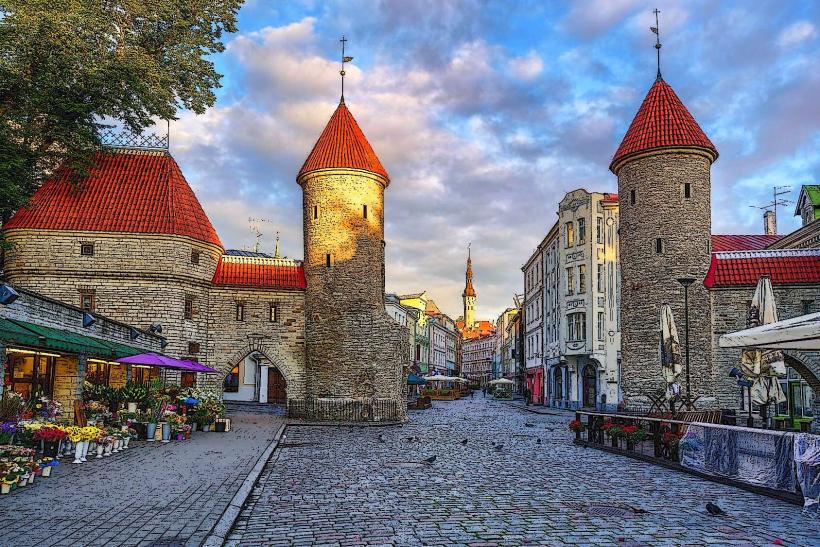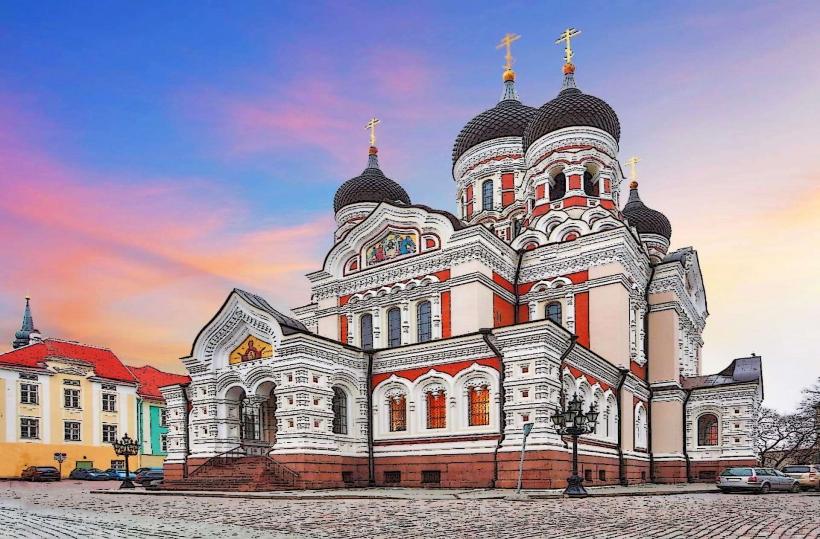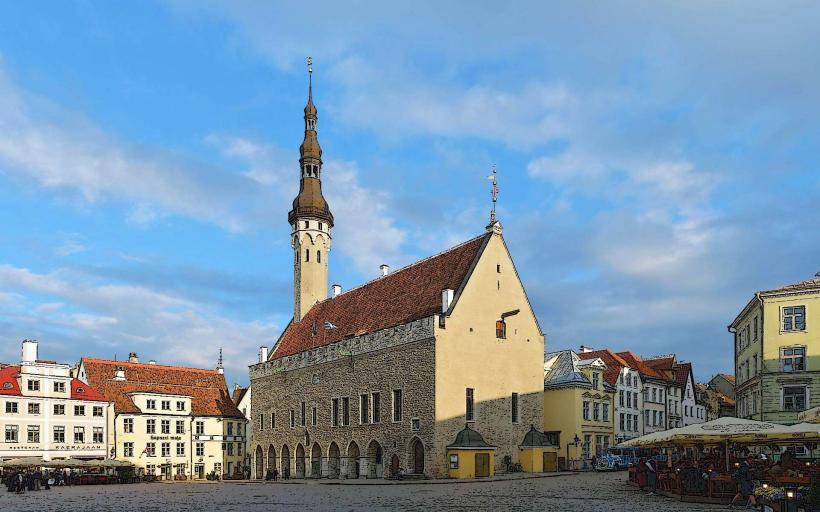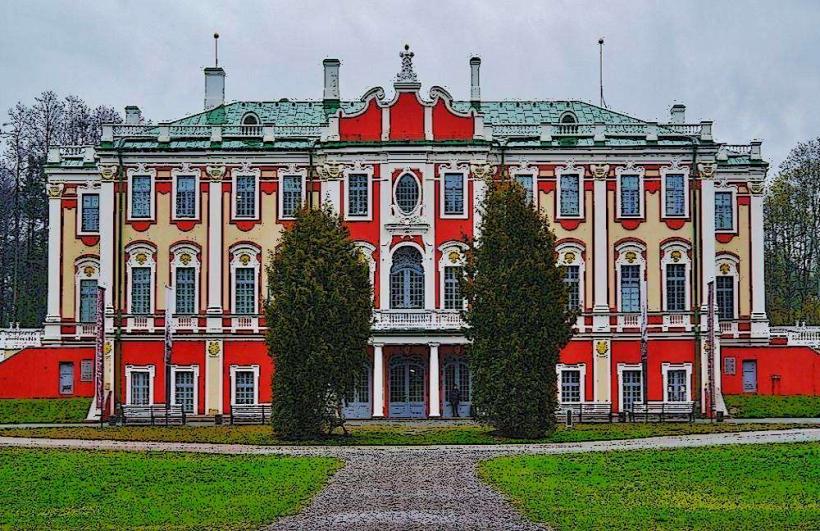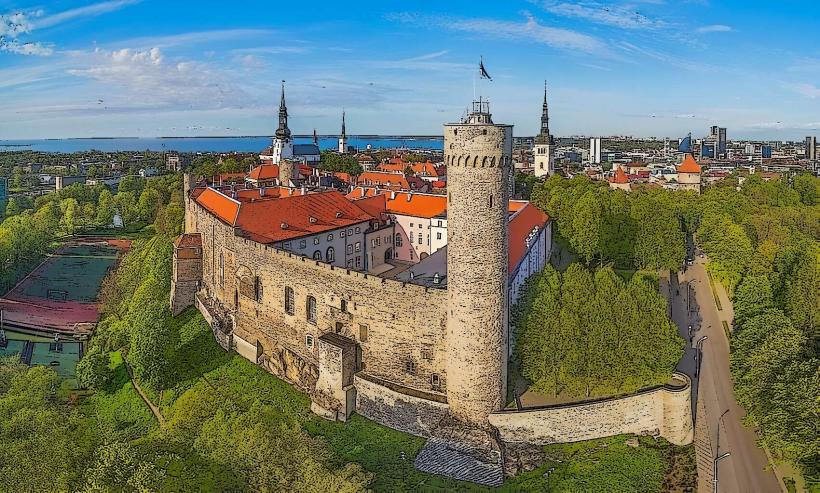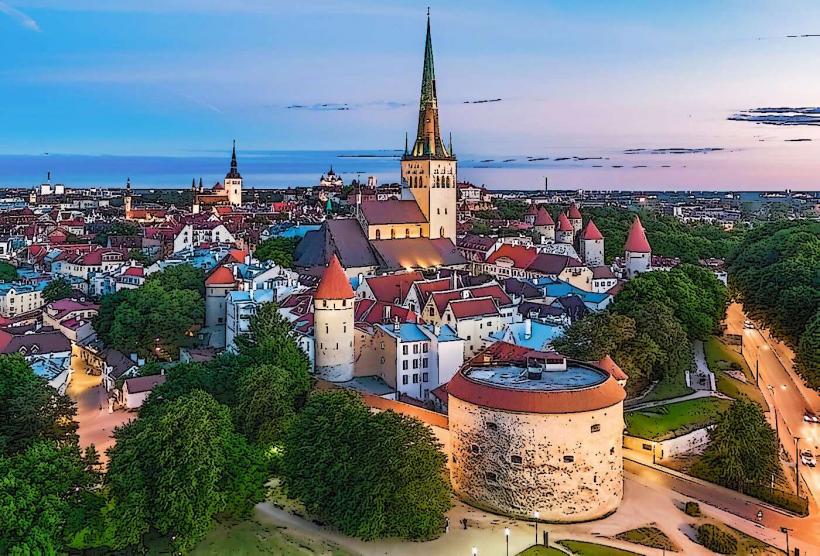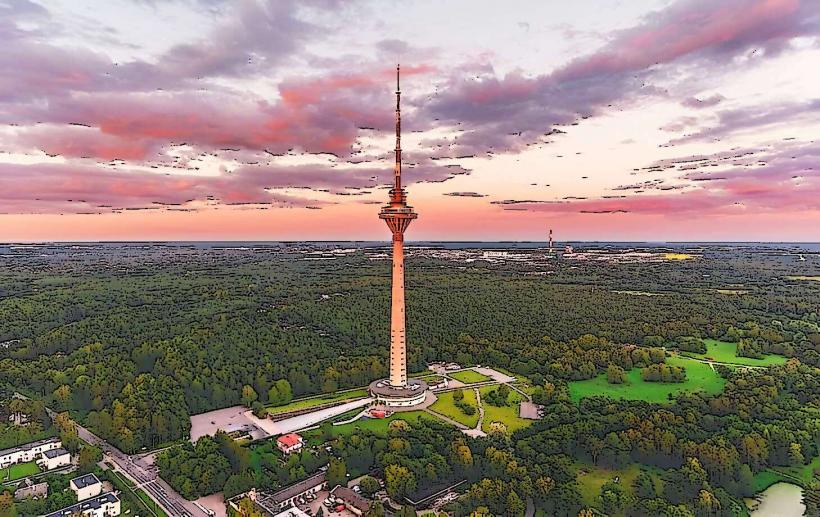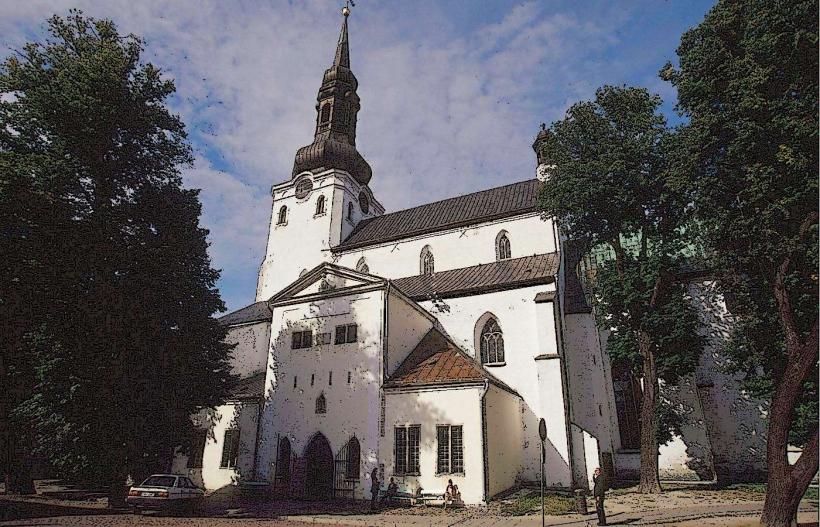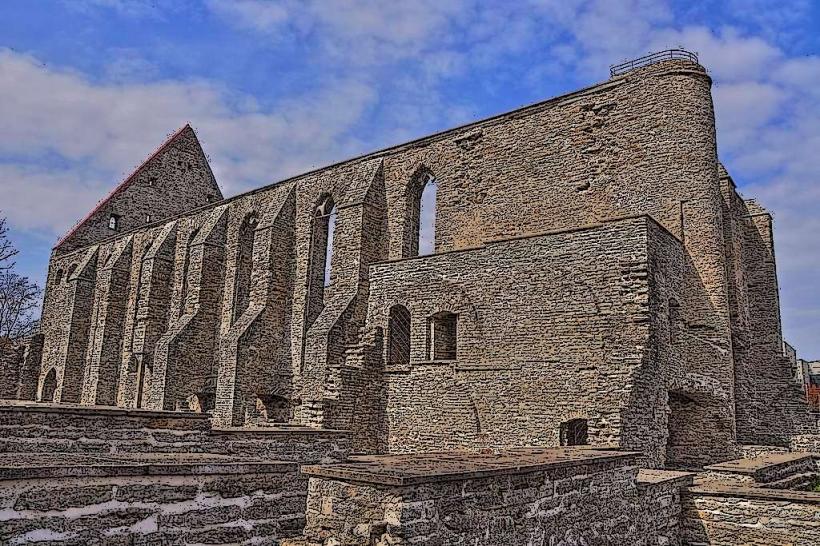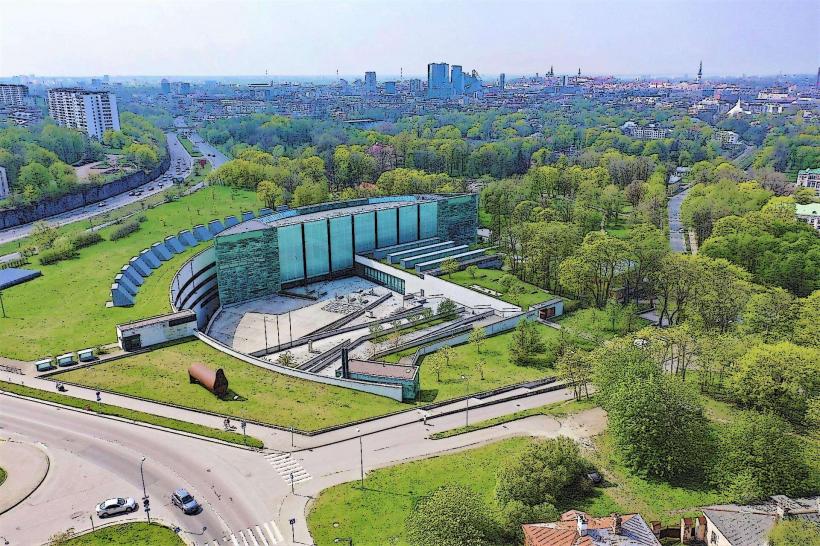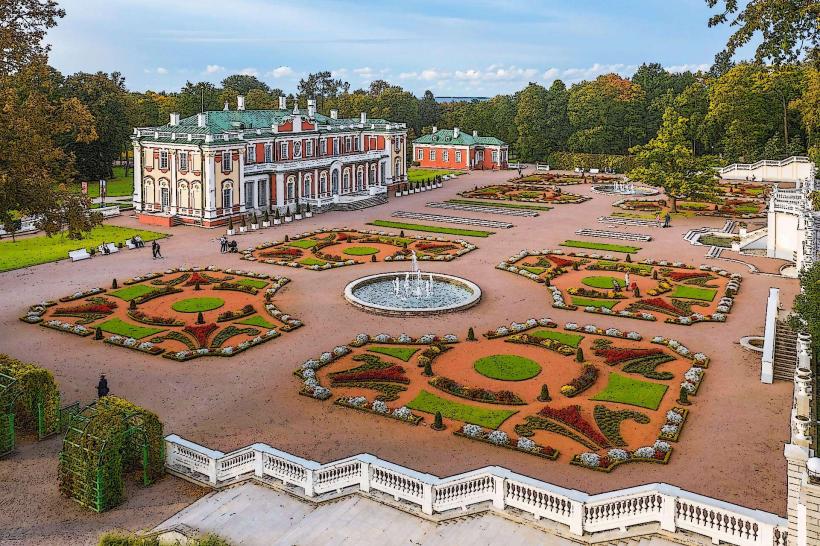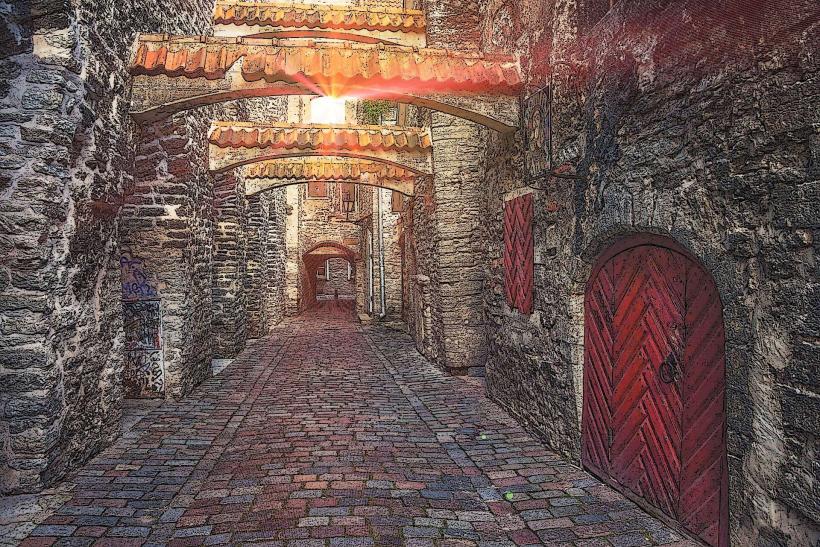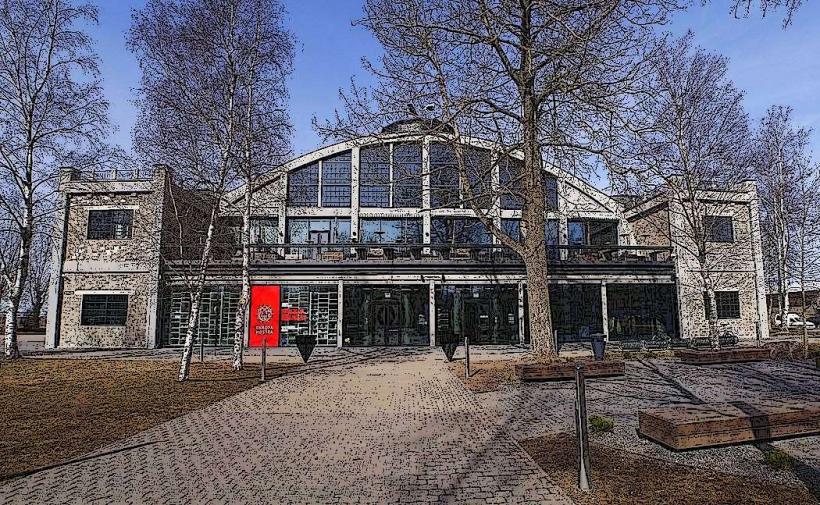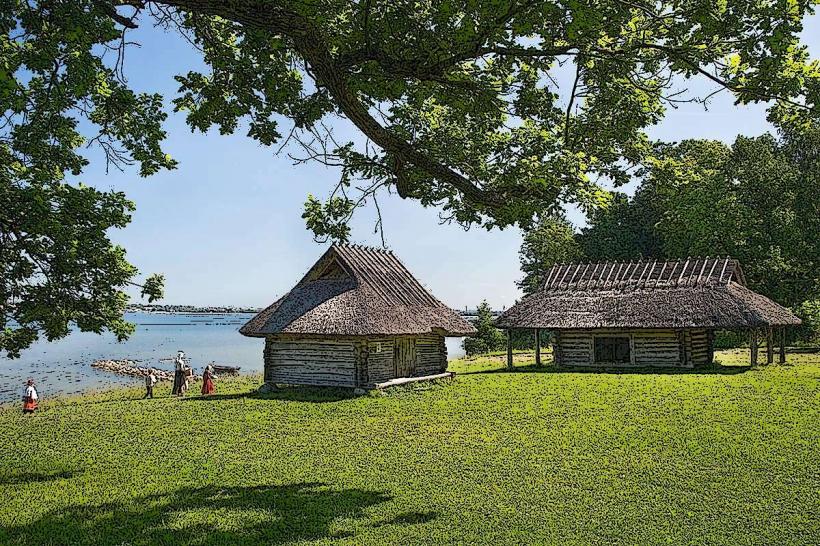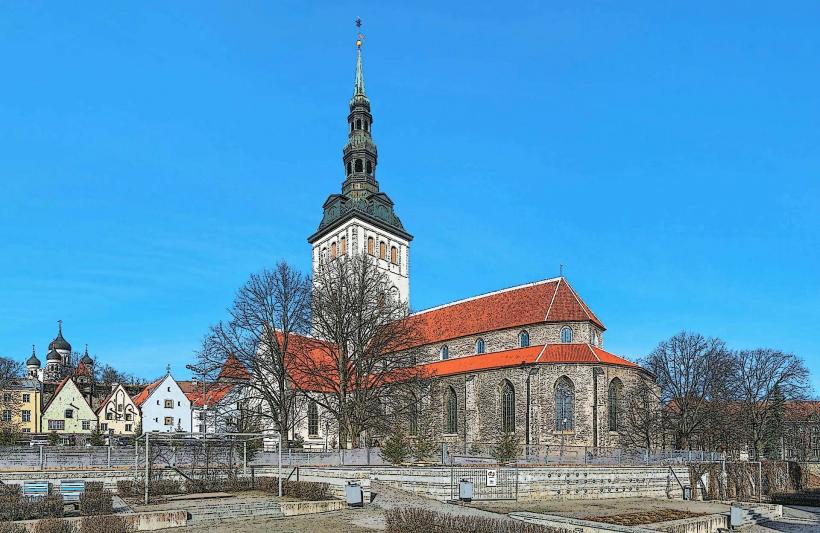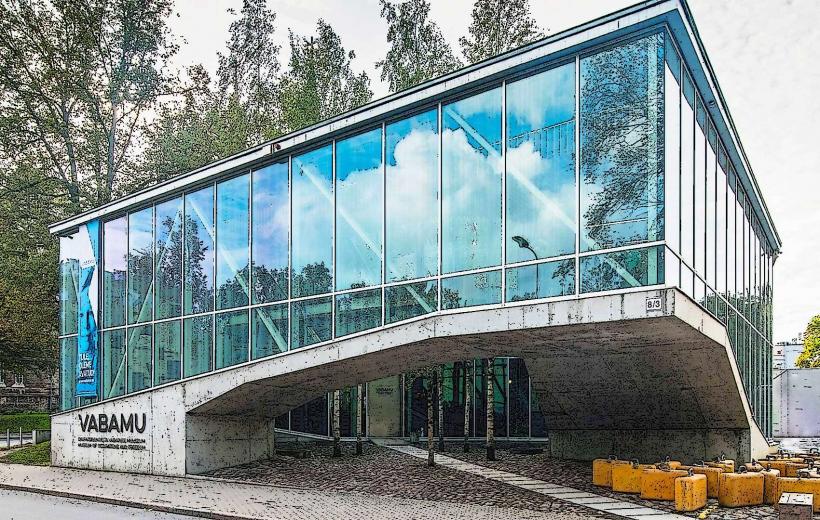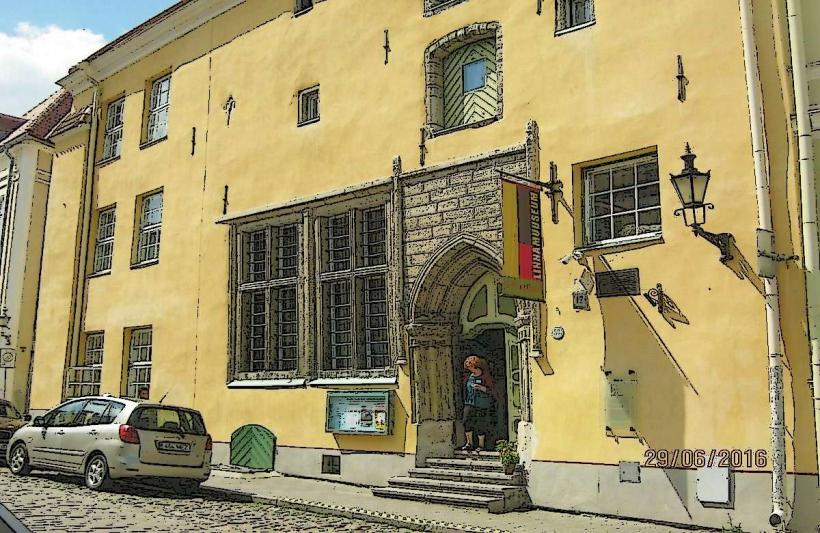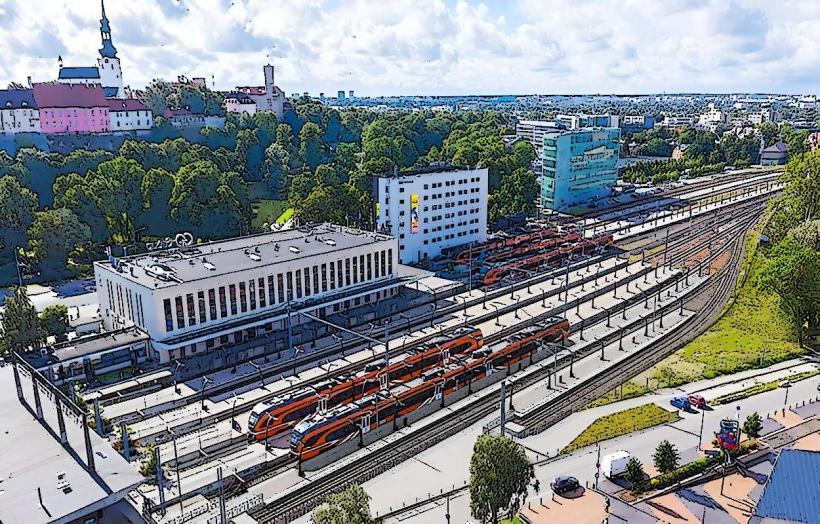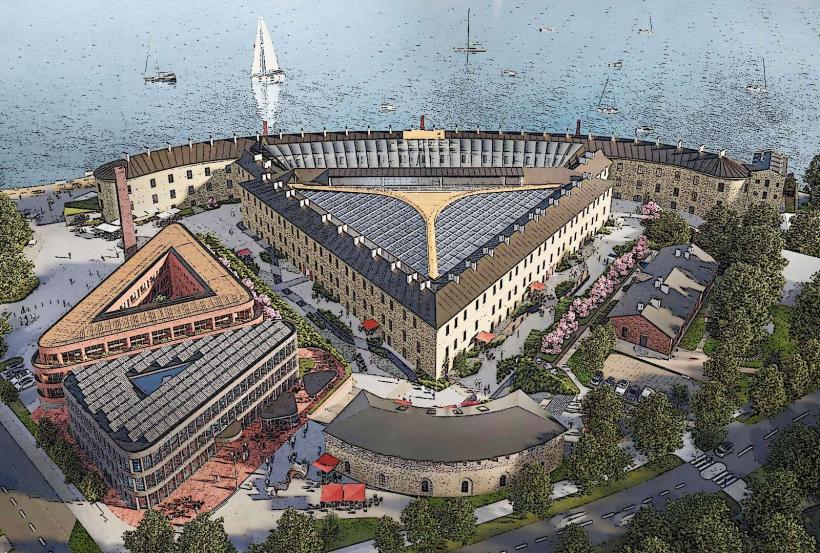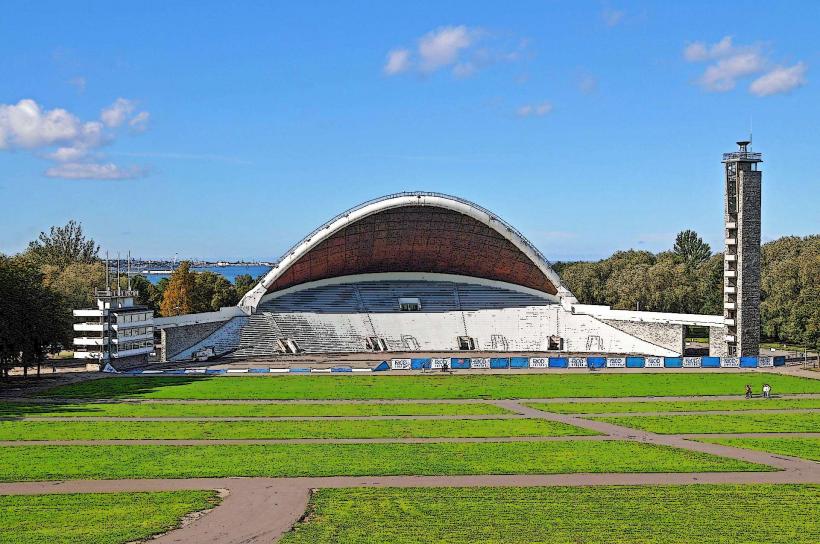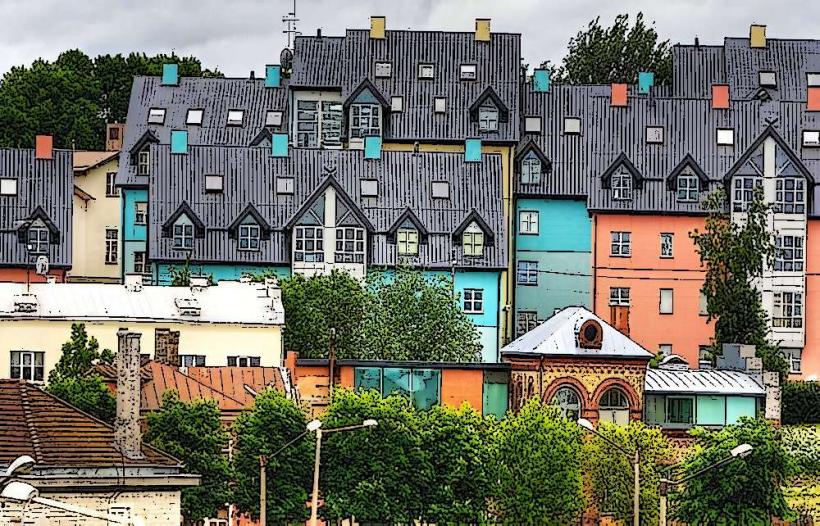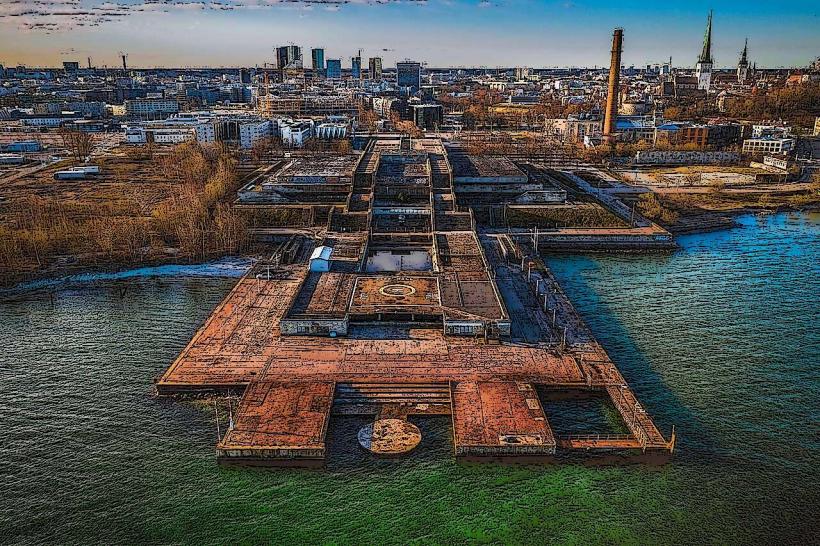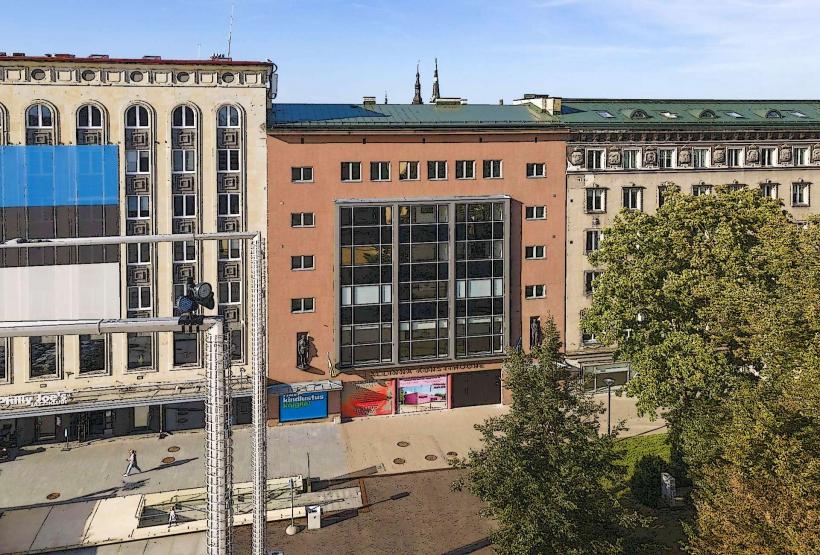Information
Landmark: Jõhvi Church of the EpiphanyCity: Tallinn
Country: Estonia
Continent: Europe
Jõhvi Church of the Epiphany, Tallinn, Estonia, Europe
Jõhvi Church, officially known as the St. Michael’s Church of Jõhvi, is one of the most significant historical landmarks in the town of Jõhvi, located in northeastern Estonia. The church has a rich history, with its origins dating back several centuries. It stands out as a symbol of the town's religious and architectural heritage.
Here’s a detailed look at Jõhvi Church:
History and Origins
Early History:
- Jõhvi Church was originally built in the 13th century during the period of the Northern Crusades. The first structure was likely a small wooden church, part of the missionary efforts by the German crusaders who were spreading Christianity throughout the Baltic region.
- The church was later reconstructed in stone during the 14th century, and it became one of the main centers of worship in the region.
- Over the centuries, the church underwent several reconstructions and modifications, particularly after fires and wars, which resulted in changes to its design and structure.
Architectural Evolution:
- The church has undergone several major renovations, with the most significant being in the 17th century and again in the 19th century. The church’s Baroque and Neoclassical elements reflect the changes in architectural styles over the years.
- The building has been shaped by various influences, including Gothic, Renaissance, and Baroque styles. These layers of architectural styles make Jõhvi Church an interesting and multifaceted structure.
Architecture and Design
Exterior:
- The Jõhvi Church has a classic medieval tower that is prominent in the town's skyline. The bell tower is one of the tallest structures in the area, and its spire reaches 50 meters (164 feet) in height, making it visible from a distance.
- The church’s stone walls are typical of the medieval style, but the exterior also features neoclassical details added during the 19th-century renovations.
- The churchyard surrounding the building is well-kept, with historical gravestones and markers, some of which date back several centuries.
Interior:
- Inside, the church has a spacious, vaulted nave with a wooden ceiling that is typical of churches built in the 16th and 17th centuries. The interior is characterized by simple elegance, with the focus being on the altar and pulpit.
- The altar and the organ are two of the most notable features. The altar painting is a fine example of religious art and depicts scenes from the life of St. Michael, the patron saint of the church.
- The church also houses a significant collection of baroque pews, which are beautifully carved and provide an insight into the craftsmanship of the period.
The Bell Tower:
- The bell tower is one of the most striking features of Jõhvi Church. The tower, with its elegant spire, stands above the town and is a prominent part of the church’s identity.
- The bells in the tower have a long history and are still used today for services and special events.
Cultural and Religious Significance
St. Michael’s Church:
- The church is dedicated to St. Michael the Archangel, who is the patron saint of Jõhvi. St. Michael is often depicted in Christian art as a protector and a symbol of divine justice.
- The church has long been a center of Protestant worship, as the region has predominantly followed Lutheranism since the 16th century Reformation.
- Jõhvi Church has served as a key religious and social center for the local community and visitors alike, hosting regular church services, weddings, funerals, and other important events.
Renovations and Modern Use:
- Over the years, Jõhvi Church has been maintained and restored to preserve its historical and architectural significance. The church underwent a major renovation in the 1990s, during which efforts were made to restore the original architectural elements while ensuring the church's functionality for modern services.
- Today, the church remains an active place of worship and is also a popular venue for cultural events, including concerts and recitals, due to its excellent acoustics.
Visiting Jõhvi Church
- Location and Access:
- Jõhvi Church is located in the center of the town of Jõhvi, which is easily accessible by car and public transport from nearby cities such as Tallinn and Narva.
- The church is open to the public for services and visits, and it also offers special events and exhibitions throughout the year.
- Cultural Heritage:
- Visitors can explore the historical elements of the church, such as the medieval walls, baroque pews, and 18th-century altar painting, which provide a window into the history of the region.
- The church’s peaceful atmosphere and beautiful surroundings also make it a popular spot for those interested in the architectural heritage and history of Estonia.
Conclusion
Jõhvi Church is a remarkable example of Estonian religious architecture, with a history that spans over 600 years. Its combination of medieval, Baroque, and Neoclassical styles, along with its historical and cultural significance, makes it one of the key landmarks in Jõhvi and northeastern Estonia. Whether you're interested in architecture, history, or religious culture, a visit to Jõhvi Church offers a fascinating journey through time and tradition.

